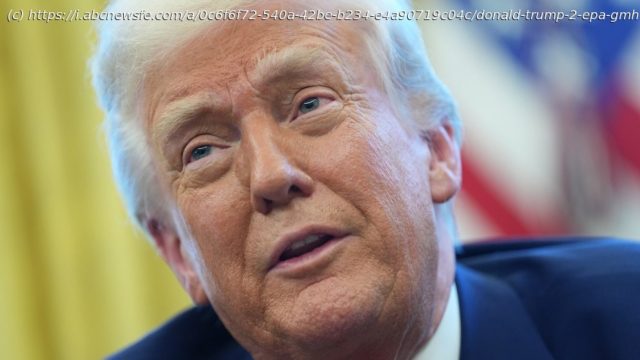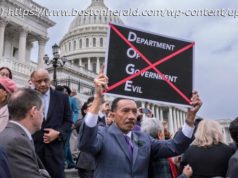U.S. stocks plunged on Thursday as investors digested Trump’s tariff policy.
President Donald Trump’s decision to pause so-called „reciprocal tariffs“ for most countries triggered a historic stock market rally on Wednesday, but the levies that remain in place are still expected to hike prices and put the U.S. at risk of a recession, experts .
Alongside the suspension of some tariffs, Trump increased duties on Chinese goods to a total of 145%, marking a significant escalation of a trade war between the two largest economies in the world.
Stock markets plunged on Thursday as investors digested Trump’s tariff announcement, slashing roughly half of the previous day’s rally.
The high tariffs on China, the third-largest U.S. trade partner, are expected to raise prices for an array of widely used products, including smartphones, shoes, clothes and video game systems, experts said.
Plus, experts added, the extra costs for U.S. shoppers and a general sense of policy uncertainty increases the likelihood of an economic downturn.
„China is not the only country we trade with but they are an important trading partner for a lot of goods“, Christopher Conlon, a professor of economics at New York University who studies trade, .
Even after Trump paused some tariffs, U.S. consumers face an average effective tariff rate of 25.2%, the highest since 1909, the Yale Budget Lab found in report on Thursday. An effective tariff rate factors in the impact of tariffs on imports of finished goods as well as inputs used by domestic firms.
In addition to the tariffs on Chinese goods, the White House kept in place an across-the-board tariff of 10% on nearly all imports.
Start
United States
USA — Financial Trump's tariffs still risk inflation and recession as China trade war looms,...





